May 2021

May 2021
“Indie games” are hardly a concept familiar to most people. In fact, gamers themselves are rarely attuned to the idea, especially in Korea wherein major game developers maintain a tight grip over the market for role-playing games (RPG). In fact, had these corporate RPG games maintained better quality standards, put out prompt updates and avoided negative press, Korea’s independent gaming industry may not have even gotten off the ground.
Written by
Yoo Hyeong-gwon
of the Korea Indie Game Society
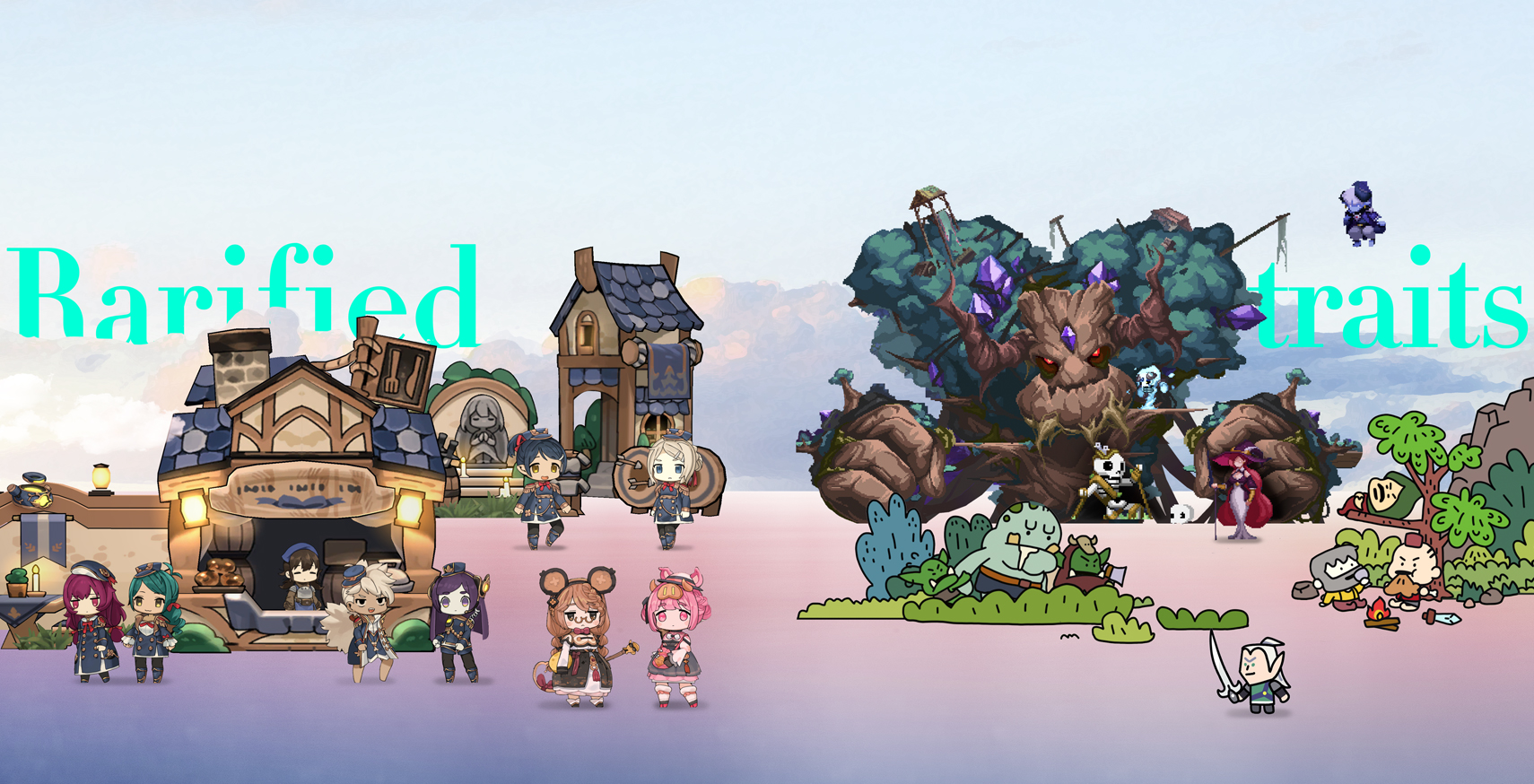
Over a million games are said to be produced globally every year. But among these, only a couple hundred are playable on scrollable computer displays. Then, only a minor portion of those garner public attention, mostly as a result of paid advertising and exposure. Thus, it goes without saying that a great number of games have not even seen the light of day for them to be accorded a proper assessment.
Korean online games tend to consist of paid formats or services. Managers need to stay involved in regular maintenance to sustain their operations, which includes content uploads and updates. This operational nature of Korean games at large made requisite, as part of understanding the games themselves, a knowledge of how fees are used, as well as an implicit trust in the game’s management. But early 2021 wherein unjust use of cash disillusioned the domestic gaming population, lots of domestic gamers left Korean-produced or operated games in favor of other established platforms from overseas such as Steam PC and Nintendo Switch.
The turn of events presented for independent developers a golden opportunity. The mere fact that domestic corporate-owned e-services lost user trust provided rife grounds for mass appeal. In turn, more Korean gamers put their hopes on the domestic market, especially for more varieties of games and higher-quality games to populate the industry. Accordingly, the indie game scene garnered not only greater interest but also heightened investments. Consequently, fledgling Korean indie games like Dungreed and Skul have claimed the attention of streamers from overseas. As of 2020, Steam-registered Korean indie games have increased by 120% compared to the year before; for 2021, an even greater increase is expected.
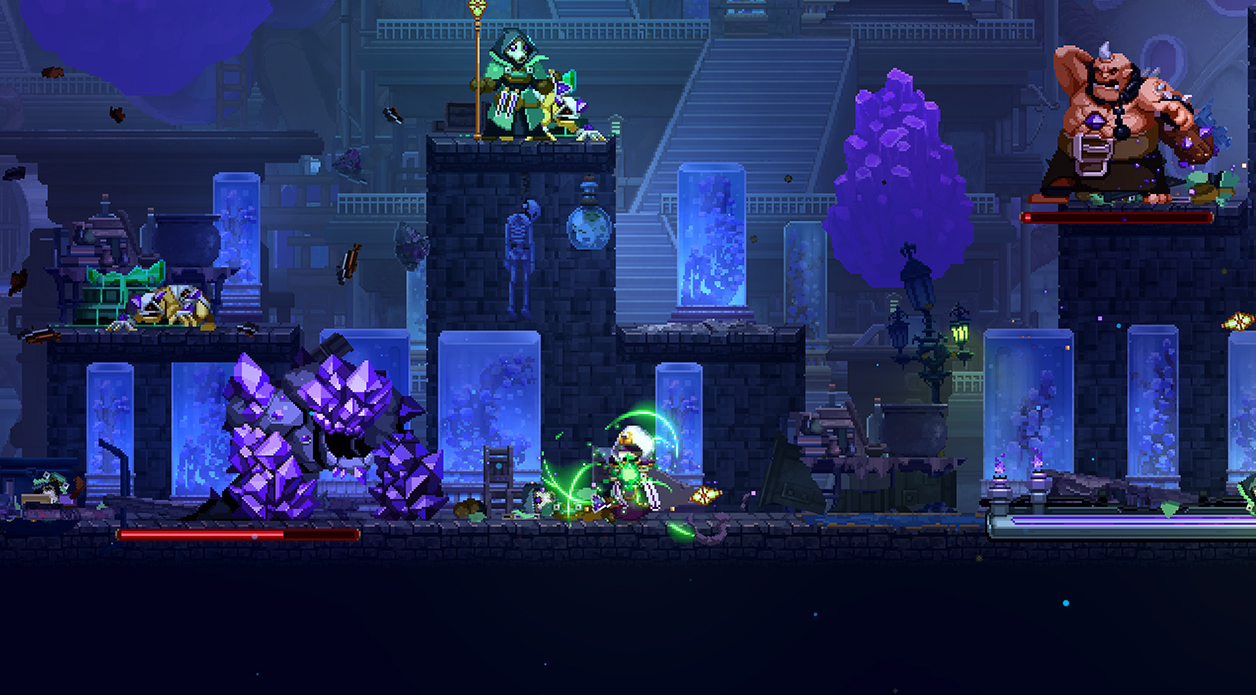 Skul, owned by SouthPAW Games, reaped great overseas success. © SouthPAW Games Co., Ltd
Skul, owned by SouthPAW Games, reaped great overseas success. © SouthPAW Games Co., Ltd
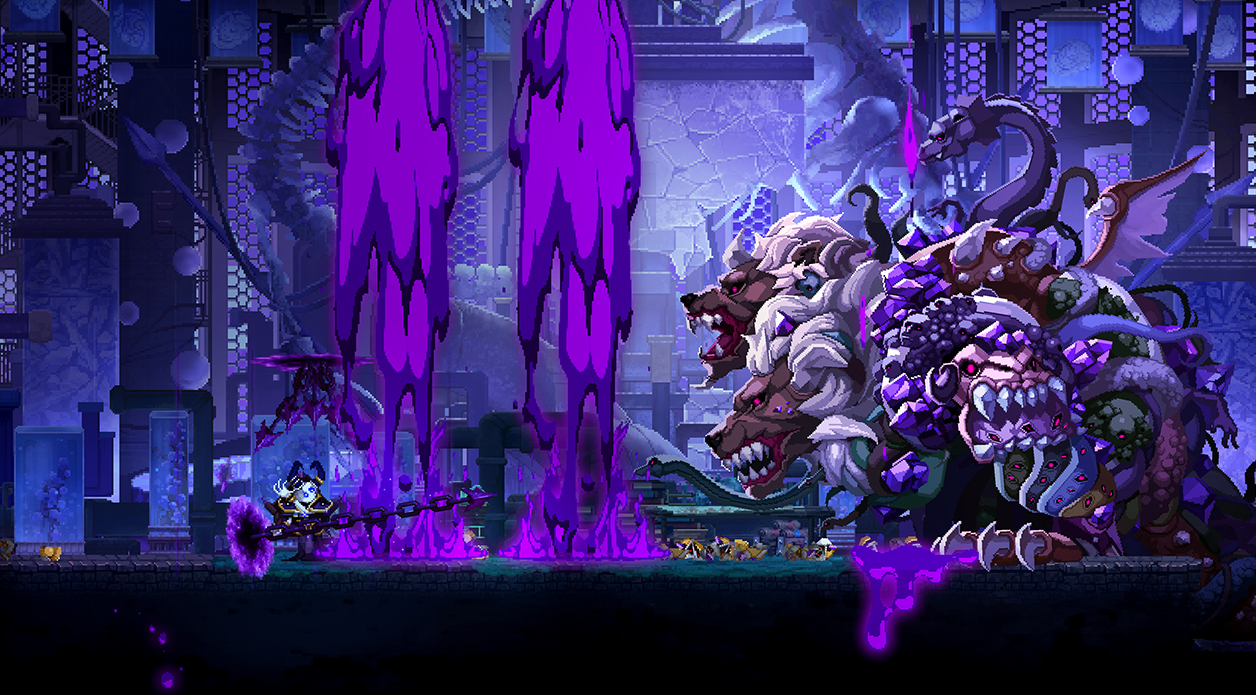
Though Korean indie games exist across various platforms and modes, recognizing which ones are Korean-made, especially without prior knowledge of the exact developers, is no easy feat. In contrast to domestic big names decked out in visibly corporate-funded, Eastern-styled full-motion 3D visual elements, indie games rarely have the capital to match such graphic quality. Unless the Korean language is employed in the trailer video or gets a mention in the game’s keywords, they are prone to be mistaken as games produced abroad (in short, non-Korean). In fact, no defining traits characterize Korean indie games, not even a tendency to skew towards a genre or style. On a positive note, the phenomenon can be interpreted as employing a highly open-minded approach, not hindered by an aversion to any genre, style or approach.
In the case of Bistro Heroes, the game intrigued gamers via its fresh approach to “winning”: by opting not for combat victories or hoarding items but instead, user judgments on how to manage a given business by utilizing resources granted as elements of the game.
Real-time strategy (RTS) Cartoon Craft presented a fresh take by employing the RTS format in a mobile (gaming) platform. Skul earned Steam fans’ trust by showcasing solid, impressive fundamentals as an action platformer. As these examples go to show, Korean indie games are stable in their points of appeal and array of eclectic merits.
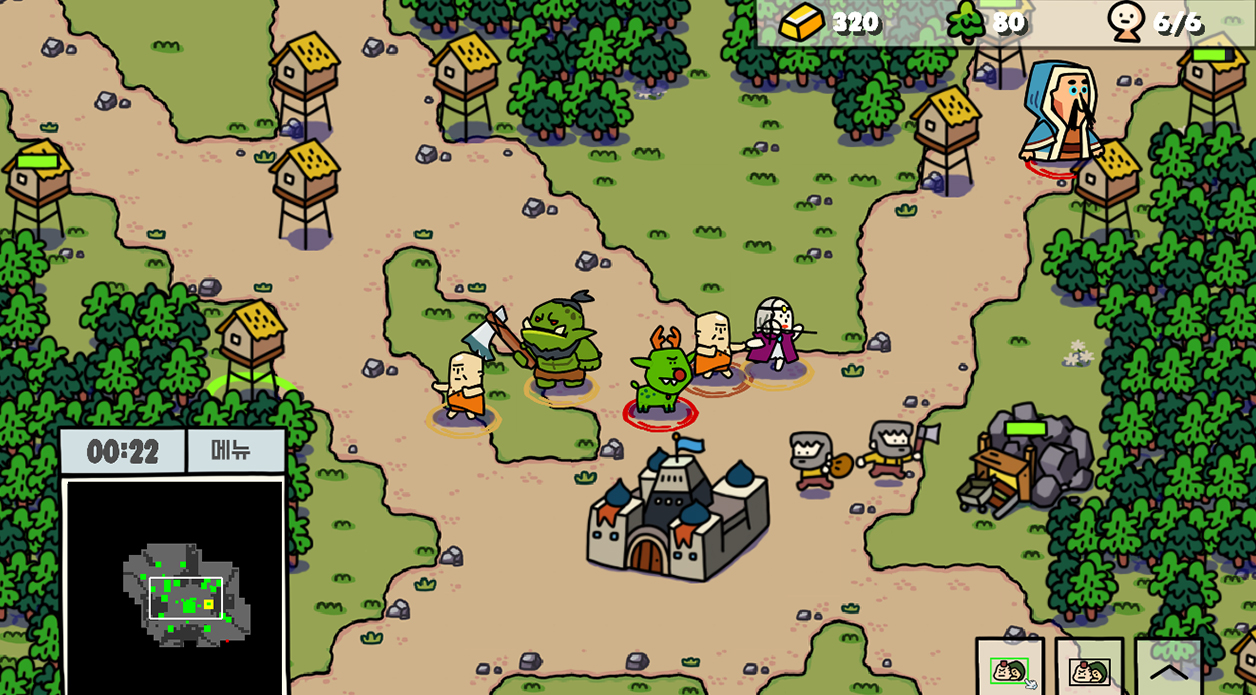 Made by Android developer Studio NAP, Cartoon Craft is its most popular game. © Studio NAP
Made by Android developer Studio NAP, Cartoon Craft is its most popular game. © Studio NAP
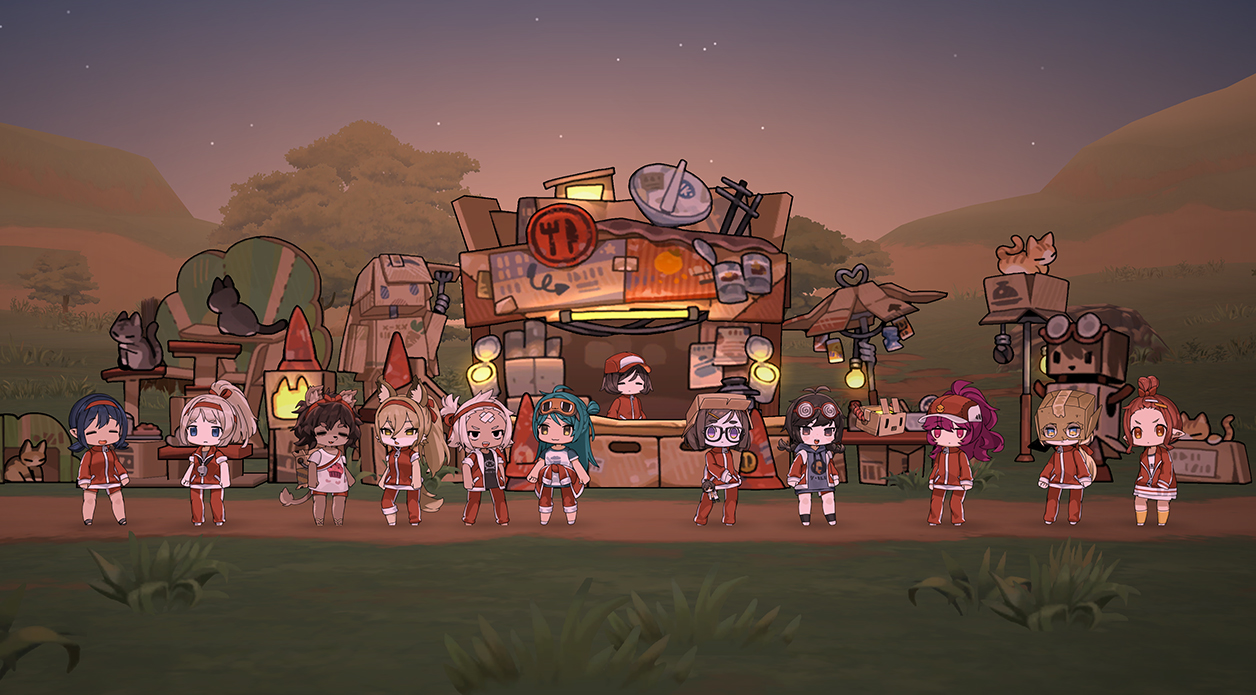 Unlike adrenaline-gushing or thrill-oriented games that hook users using dramatized depictions, Bistro Heroes is all about managing resources wisely. © Team Tapas
Unlike adrenaline-gushing or thrill-oriented games that hook users using dramatized depictions, Bistro Heroes is all about managing resources wisely. © Team Tapas
Korea’s indie game scene doesn’t seem to be in any particular need, much less a rush, to anticipate dramatic prospects. Due to various issues plaguing corporate-owned gaming platforms and the extreme inequities of their business models, indie games are acquiring a greater number of users, developers and administrators by the day. As for their quality, the industry has already been brimming with innovative ideas and speculative ventures well-deserving of accolades and recognition. It may very well be enough for the Korean indie game industry to simply keep up as it has thus far, continue forth on its upstanding track and stay wholesome, for it to flourish at even greater scale.
 © imagetoday
© imagetoday